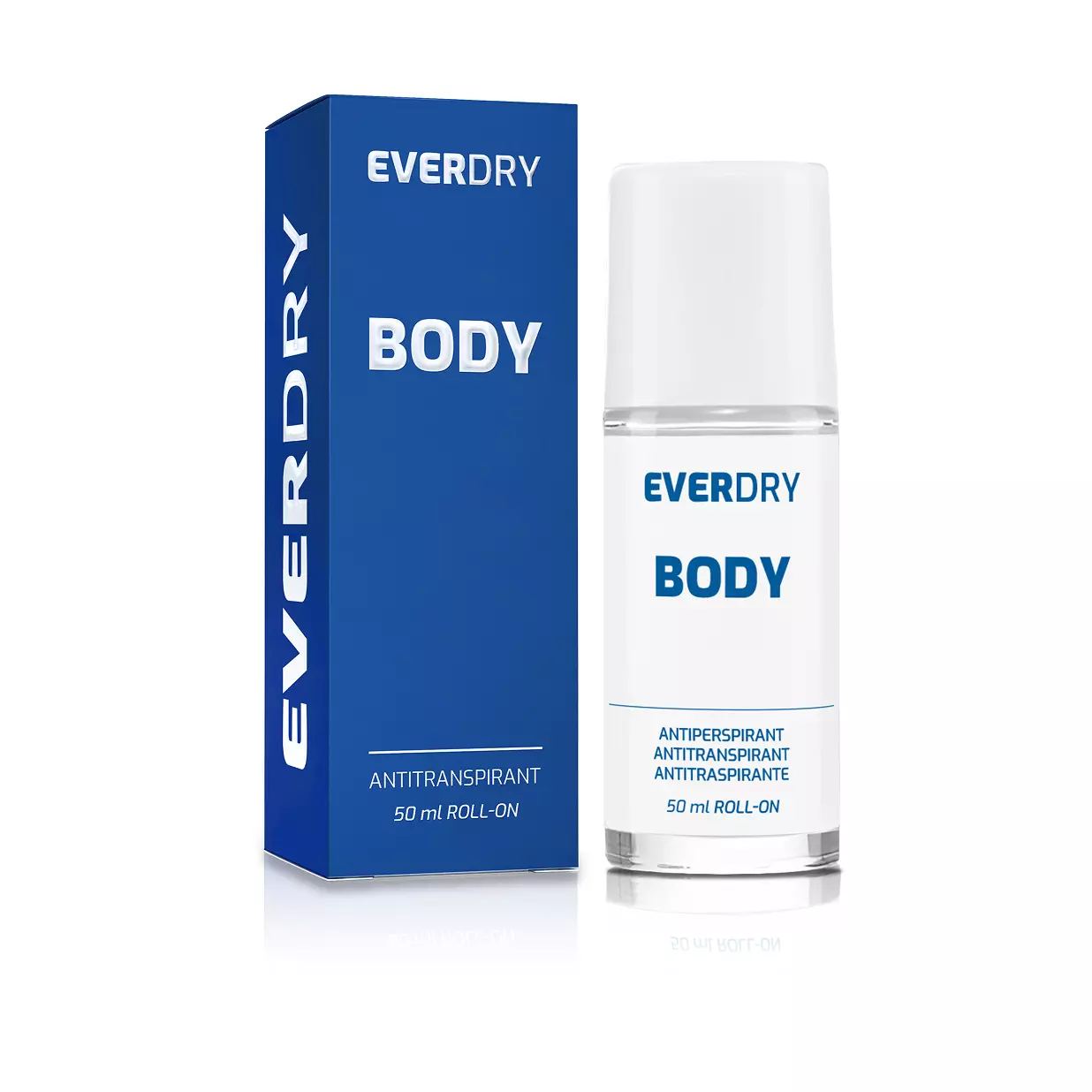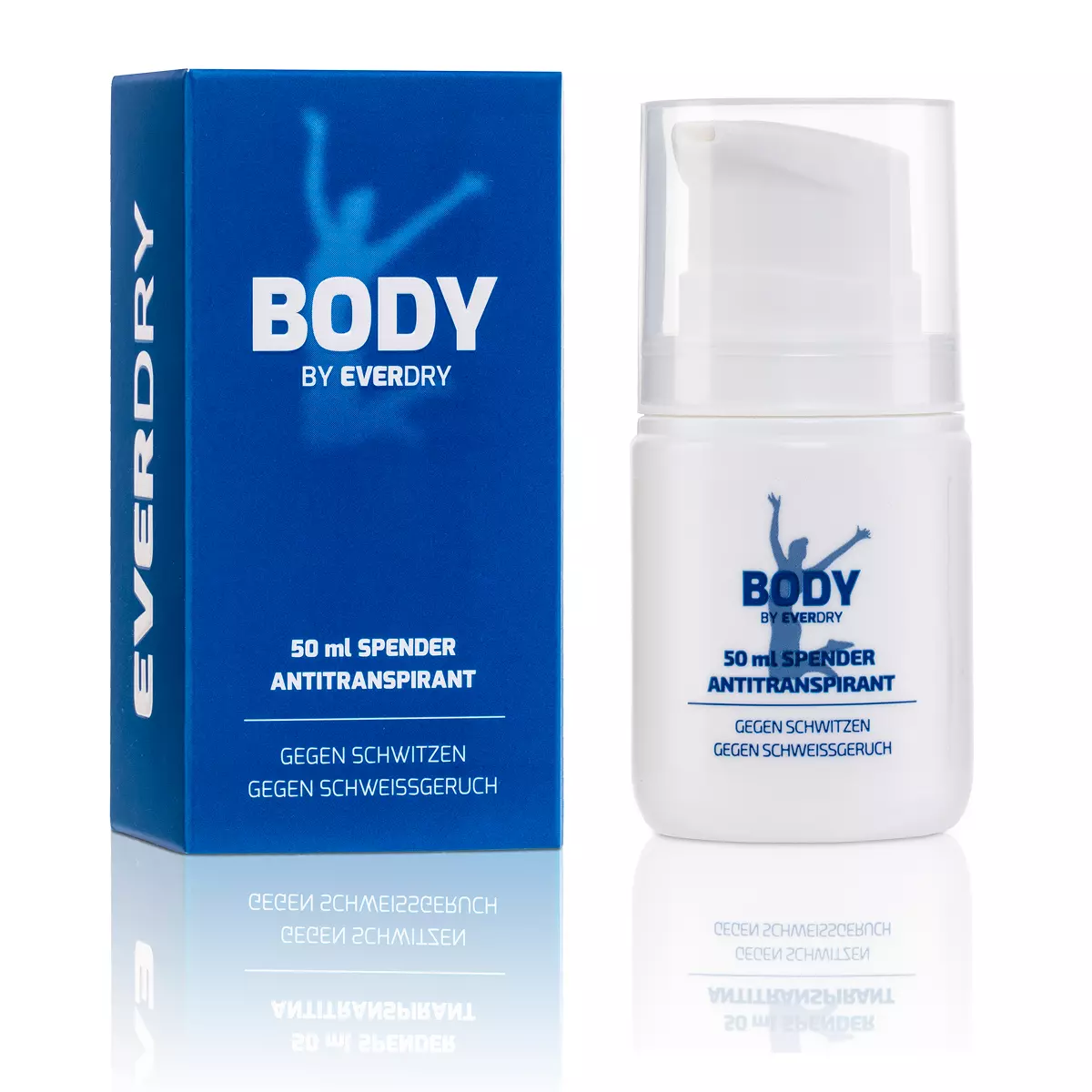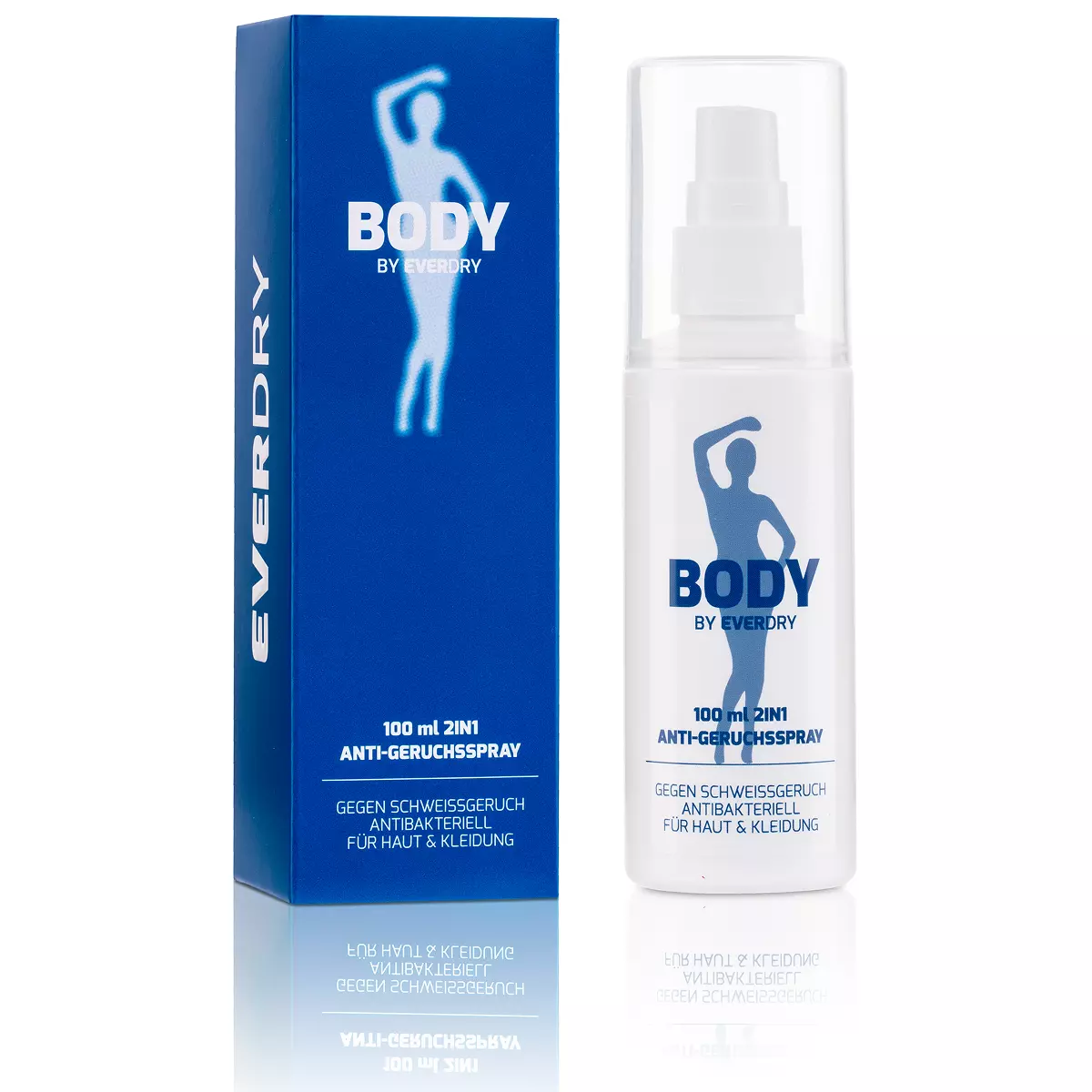- Antiperspirants
- Shirts, Socks, Pads
- Iontophoresis
- Anti-odour
- All Products
-
Guide
- Interesting facts about sweating
- Tips and tricks
-
The most common sweating triggers
- Sweating during exercise
- Carnival time without sweat
- Celebrate your wedding without sweat
- Sweating due to excess weight
- Sweat-free Easter
- Sweating in everyday life
- Sweating at work
- Sweating during menopause
- Sweating at night
- Sweating during pregnancy
- Sweating and odor in old age
- Sweating and stress
- Sweating while driving
- Sweating helps with fasting
- Sweating in spring
- Sweating in winter
- Off on holiday without sweating
- Sweating from head to toe
- PETA Certified
In a nutshell: Key points at a glance
Why sweating and body odour change as you get older
This text explains why older folks often have a different sort of body odour compared to younger people.
The main reasons for this are:
- Changes in sweat glands: As you age, your sweat glands don't work quite as much, meaning you produce less sweat.
- Altered sweat composition: The chemical makeup of your sweat changes as you go through life.
- Influence of bacteria: The bacteria living on your skin change as you get older, and this affects your body odour.
- Metabolic changes: Problems with your metabolism or how organs like your kidneys and liver are working can change how you smell.
- Diet: Changes in what you eat can have an impact on the stuff in your sweat.
You Sweat Less As You Get Older.
That's right. As people age, their sweat glands also get older. Their activity steadily decreases. Because of this, older folks especially need to be careful in the summer to avoid overheating. That's why older people also need to drink plenty of fluids – firstly, to cool the body down from the inside and therefore protect against overheating; and secondly, to avoid dehydration.
However, by regularly and consciously inducing sweating, the sweat glands and their functionality can also be trained in older age, thus slowing down the ageing process in this area. You see? There's a magic formula that follows us throughout our lives – in every situation: GET REGULAR EXERCISE, because that keeps you fit, young, and HEALTHY!
A Person's Age Can Be Detected By Their Body Odour
But it's not just sweat production that ages; sweat itself also seems to develop a different composition with age. At least, that's the finding of a study by neurobiologists at the Monell Chemical Senses Center in Philadelphia.
The complex chemical composition of body odour gives us a range of biological and social information. According to the findings of the US research team led by biologist Susanna Mitro, a person's body odour develops depending on their age.
This then leads to the typical "old person smell", which is said to be independent of ethnic cultures. The reason for this is that body odour is an interplay of skin secretions, bacterial activity, and metabolic waste products from the organs. Over the course of ageing, the respective proportions change, so the smell also changes.
For their study, the researchers divided the participants into three age groups: young (20 to 30 years old), middle-aged (45 to 55 years old), and old (75 to 95 years old).
The 75 to 95 Age Group Could Be Clearly Identified In The Smell Test
The odour test produced some remarkable results:
When it came to assigning body odour to age in the "young" and "middle-aged" categories, there were frequent misjudgements. The reason for this is that the difference in the odour-forming components from skin secretions, bacterial activity, and metabolic waste products from the organs is not significant, so the difference in smell within this group simply wasn't large enough.
However, a large majority of the subjects were able to clearly identify the body odour of the "old" age group. To this day, however, the exact individual substances and their proportions that give us information about a person's age are not yet known.
Would you have expected this result? It's quite interesting what signals our bodies send out. While external interventions can ensure that we LOOK "young" for longer, we cannot influence our inner workings. Have a "sniff" at someone who has spent a lot of money on cosmetic surgery... how old is that person really?
Why Do Older People Smell Different?
Diet
As people age, their eating habits often change. A different balance of, for example, carbohydrates and fat then affects the body's excretions and changes their smell. This can also be unavoidable due to altered living circumstances, for example, if a person lives in a care home with a communal canteen or uses a "meals on wheels" service because they can no longer cook for themselves.
Metabolism
Older people often experience metabolic disorders, organ dysfunction, or reduced activity of the excretory organs, such as the kidneys and liver. This then influences the composition of sweat, causing it to change its smell. For example, if a person smells more of "urine", it could indicate a kidney function disorder.
Bacteria
Body odour is also influenced by bacteria on the skin, because sweat itself doesn't smell. It's only when it's broken down by bacteria that the typical unpleasant sweat smell develops. If a person's skin type changes, the spectrum of bacteria on the skin also changes. One consequence of this is an altered sweat odour. When the production of sebum and sweat glands reduces in older people, the skin becomes drier. This then shifts the spectrum of skin bacteria.
First published: 12.05.2011
Updated: 27.05.2025

Content: 0.05 Liter (€398.00 / 1 Liter)

Content: 0.05 Liter (€398.00 / 1 Liter)



